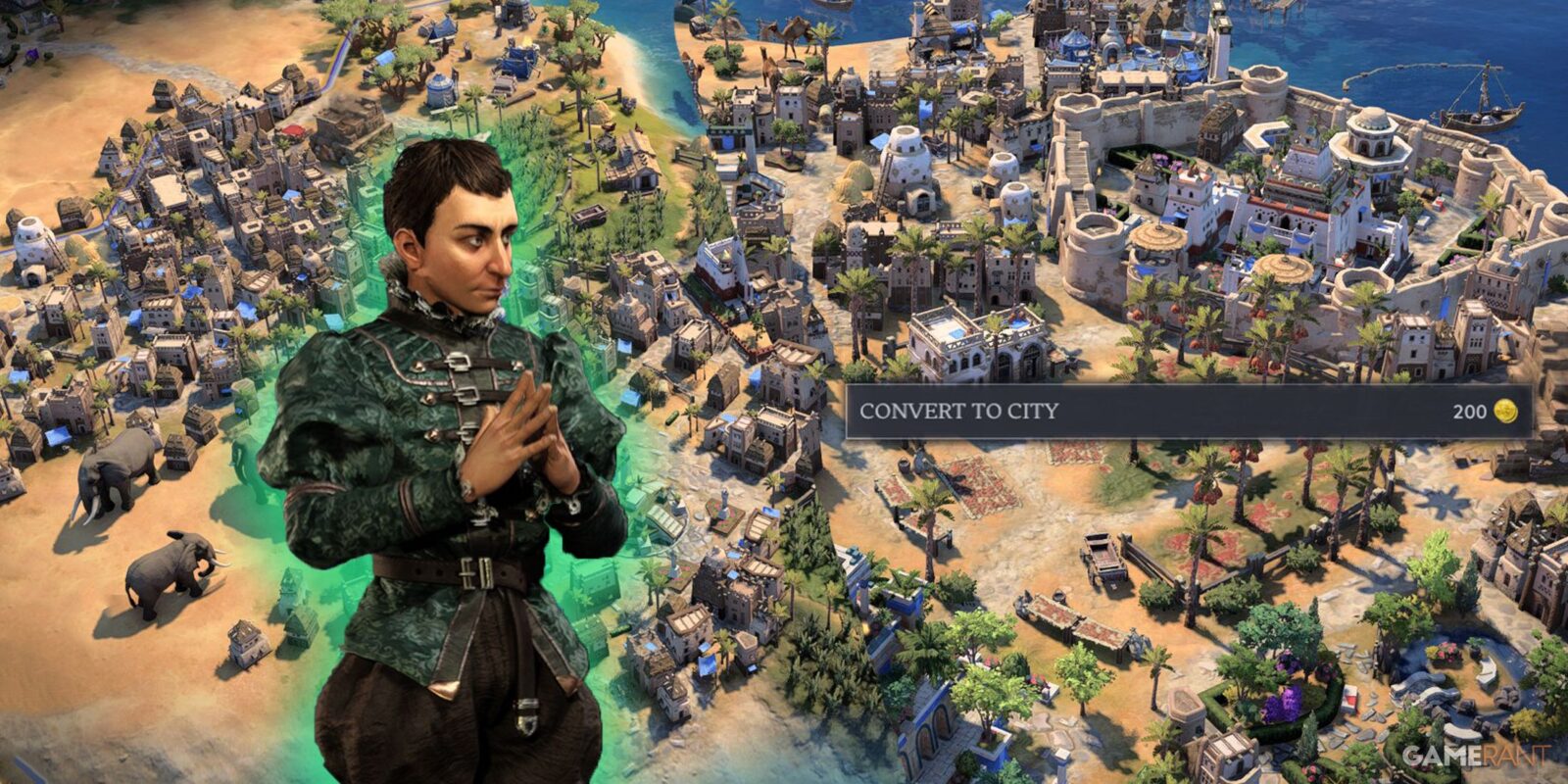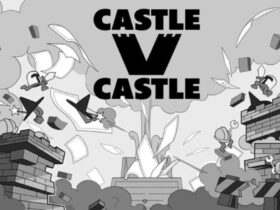The settlements in Civilization 7 are a bit different from previous games. Instead of settlers building cities from the get-go, players get put into a more realistic situation, where they first build a town. Towns require much less oversight than cities in that they don’t ask the player to choose production. Instead, their production resource gets converted to gold, which can be used all over the player’s empire.
Once towns reach a certain point, players can assign them a focus and export different resources from them. Alternatively, they can spend some gold to upgrade a town into a city, giving players the ability to make city-specific buildings and grow their empire.

Related
Civilization 7: How to Get a Culture Victory
This guide shows players how to complete the Modern Age’s Culture Legacy Path and get a Culture Victory in Civ 7.
How Do Towns Work in Civ 7
Towns are outposts for the player that help them establish a foothold in a particular area. They are a good way to get access to different resources quickly without paying a lot of gold to keep that access. They offset their price by virtue of their production being converted into gold. The more productive you manage to make a town, the more gold you’ll have to spend.
Additionally, towns can specialize once they grow to a certain size. There are a few different focuses that players can choose, each of which comes with its own unique advantages, though they all halt the growth of the town completely, exporting all the food that a town produces to connected settlements.

Related
Civilization 7: DX12 vs Vulkan – Which Is Better?
Before you even play Civ 7, you must choose between DX12 vs Vulkan – but what’s the difference, anyway?
When Should You Upgrade A Town Into a City in Civ 7?
The main difference between a city and a town, other than their functionality, is the types of buildings you can build in them. Cities can help you increase your civilization’s science, culture, and diplomacy since you can build different buildings and districts that supplement those resources. Towns don’t have the ability to do that. Additionally, cities can slot a lot more resources when compared to towns.
There are a few targets that you should meet before upgrading a town into a city.
- Cash Flow: Always keep enough towns in your empire to support your economic activity. Gold is a very important resource and losing it early can lead to a lot of pain, since the settlement cap can’t be improved that easily, and there’s no way to revert a city to a town.
- Population and Production: A town with a good population is the one that you’ll want to promote into a city first. The more productive resources in your city, the better it is for its growth. There’s no harm to upgrading it earlier, but there’s no real benefit either.
- Improvement: Aim to buy all the buildings for the town that the game will allow, or at least all the ones that you think you need. More resources are never bad, and adjacency bonuses are a godsend.
- Growth: Towns with a focus will export all their food to the different settlements that they’re connected to since they’re not going to grow anyway. If you upgrade it to a city, you might end up with less food in your empire, which stagnates your city’s population growth.
All in all, it’s a matter of experience and circumstance. If you see that your coffers are overflowing, and you don’t have a lot of things to spend that gold on, you should upgrade a town to a city and start construction on a few buildings or wonders to boost your win condition. Otherwise, it’s probably not the best idea to convert perfectly functional resource-abundant towns into hungry cities.













Leave a Reply